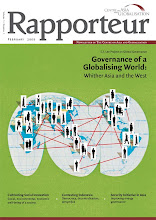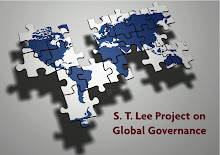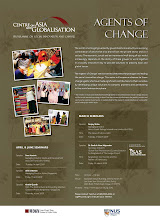Studies on transnational activities are often underlined by the binary framework of state and society, local/national and global, old actors (such as state agencies) and new ones (such as domestic activist groups, international organizations and transnational NGOs). Such approaches tend to obscure the fluid, open-ended and unpredictable character of the negotiating process in governance.
Yet the case of AIDS prevention in China paints a much more complex and diverse picture. Dr Wu Fengshi, Assistant Professor, Department of Government and Public Administration at the Chinese University of Hong Kong rightly points out in her case study that transnational relations are often in flux and existing categories cannot fully capture the myriad of players and stakeholders involved.
Take transnational NGOs, a core player (or groups of players) for instance. These are no longer mere pressure groups imposing their demands on the state. According to Dr Wu, “NGOs are very active in building diverse strategic relationship with domestic players. They are not simply allies of local social groups, nor are they purely governmental followers. They create new micro-mechanisms for state-society interaction, and help to facilitate and lead state and societal actors to practice such mechanisms”.
Fresh insights like these would do well to challenge conventional understandings of global public health governance, an issue which has risen rapidly on the international agenda over the recent years. [Yanchun]
Wednesday, August 20, 2008
Subscribe to:
Post Comments (Atom)










No comments:
Post a Comment